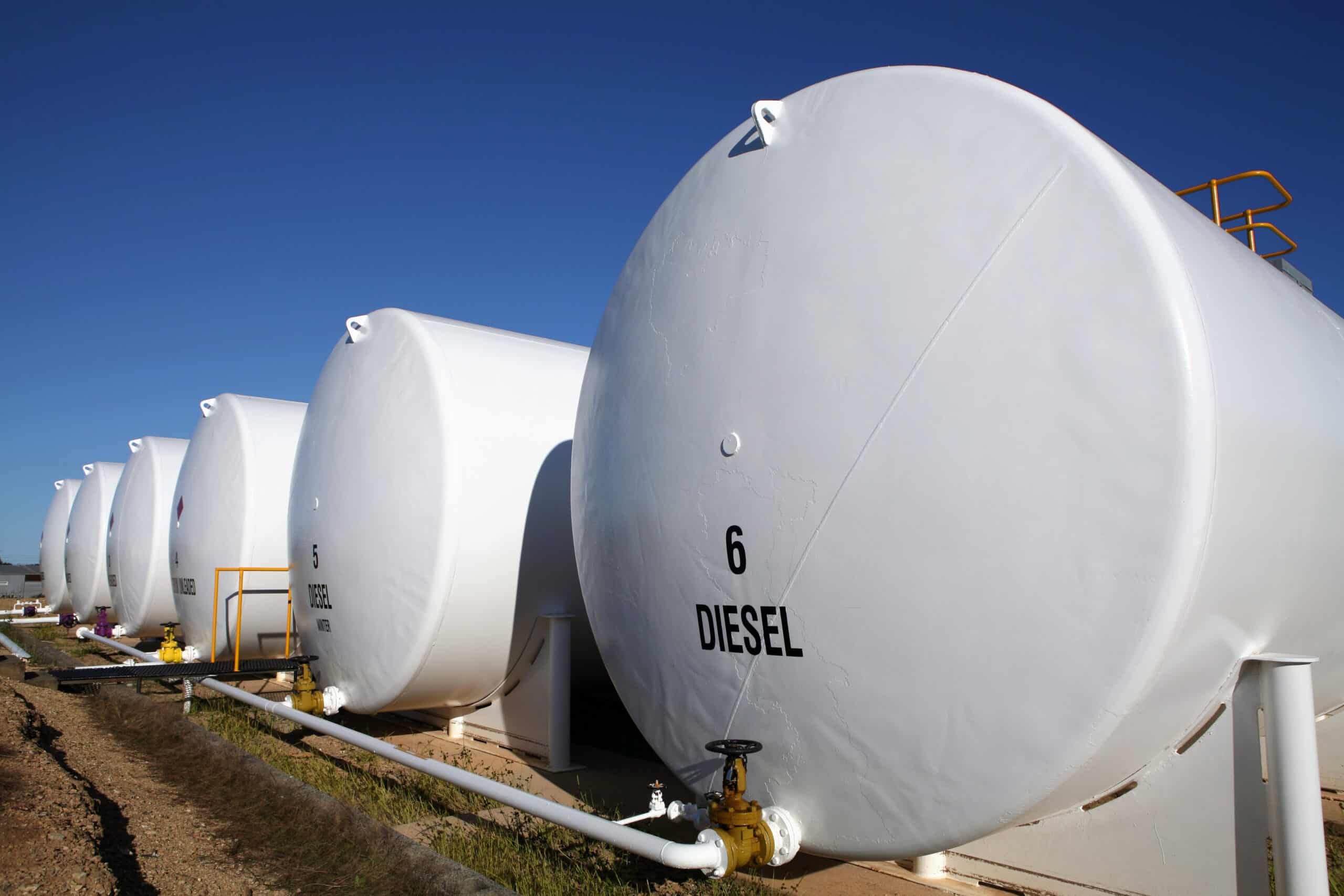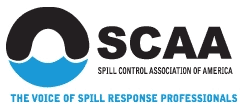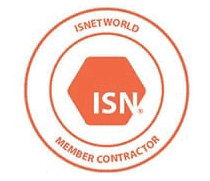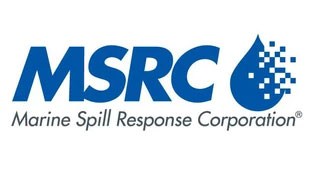Different types of storage tanks are designed to contain various fluids such as compressed gases, oil, and water. Manufacturers offer a variety of tanks made from different materials and equipped with specific safety and tracking features, catering to the diverse needs of different fluids and industries. Unpressurized storage tanks come in various shapes like cylindrical and square, along with different sizes and customizable options. These tanks serve as storage vessels or reservoirs. Tanks can be classified as above-ground or underground, each with its own distinct characteristics.
Above-ground storage tanks (ASTs) are user-friendly and require less maintenance. They offer a convenient solution for storing fluids. Underground storage tanks (USTs) are built to be sturdier and more robust. They are capable of safely containing hazardous materials, even when located partially or fully underground. Explore the advantages and types of both tank categories to gain valuable insights for your application.
Above-ground Storage Tanks (ASTs)
Above-ground storage tank options can store fluids short-term or long-term. The tanks are typically cheaper than underground storage options and are easier to maintain. Some popular varieties of above-ground storage tanks found in different industries include:
- Fixed Roof Tanks:These cylindrical tanks store contents at approximately ambient pressures (of no higher than 0.5 PSI). They have a steel-welded construction and pressure-vacuum valves to ensure atmospheric pressure levels and are typically topped with a cone or dome roof. They are available in several different sizes for different applications.
- Floating Roof Tanks:Floating roof tanks have separated roof structures that “float” on top of the contents. Some floating roof tanks are only topped with a floating roof, whereas others have an internal floating roof as well as a traditional affixed roof at the top of the structure.
- Roofless Tanks:Roofless tanks are simply that — roofless. They can hold fluids like stormwater that need an open top for collection and don’t need to be protected from the elements.
- Milk Tanks:These specialty tanks comply with dairy and agricultural regulations to safely cool and store large quantities of milk. They undergo rapid cooling to store milk with minimal risks of bacterial growth and withstand frequent cleanings.
Underground Storage Tanks (USTs)
Underground storage tanks are tanks that are at least 10% submerged underground during standard operations. These tanks are often broken down into categories based on the types of fluids they will hold.
- Fuel or Fuel Storage Tanks: These tanks can hold gasoline underground at filling stations to facilitate more efficient space use.
- Horizontal Tanks:Horizontal tanks can be built and coated to hold anything from water and consumable food products to fuel, chemicals, or gases. They are also specially coated to prevent corrosion damage from long-term exposure to the ground and elements.
- Septic Tanks:These tanks are a key aspect of septic systems. They are commonly used in residential or commercial properties in rural areas to break down solid waste with anaerobic bacteria. The resulting water is then drained into a drain field. Septic tanks hold the remaining solid waste and must be intermittently drained to remove sludge buildup before it can enter the water table.
- Water Tanks:There are multiple different types of water tanks that can hold potable water or rainwater. Applications include supplementing the water system when the natural water table is insufficient, irrigation and drainage applications to protect areas from excess water, holding water as fire suppression supplies, and more.
Storage Tank Cleaning Services From Hull’s Environmental Services
Aboveground and underground storage tanks both benefit from regular cleaning and preventative maintenance to keep corrosion, leaks, and degradation at bay. At Hull’s Environmental Services, we provide reliable tank cleaning and removal services for residential and commercial applications, including crude oil containers, wastewater storage tanks, barges, and more. Contact us today to learn more about our cleaning and removal services to keep your maintenance and operations on track.











